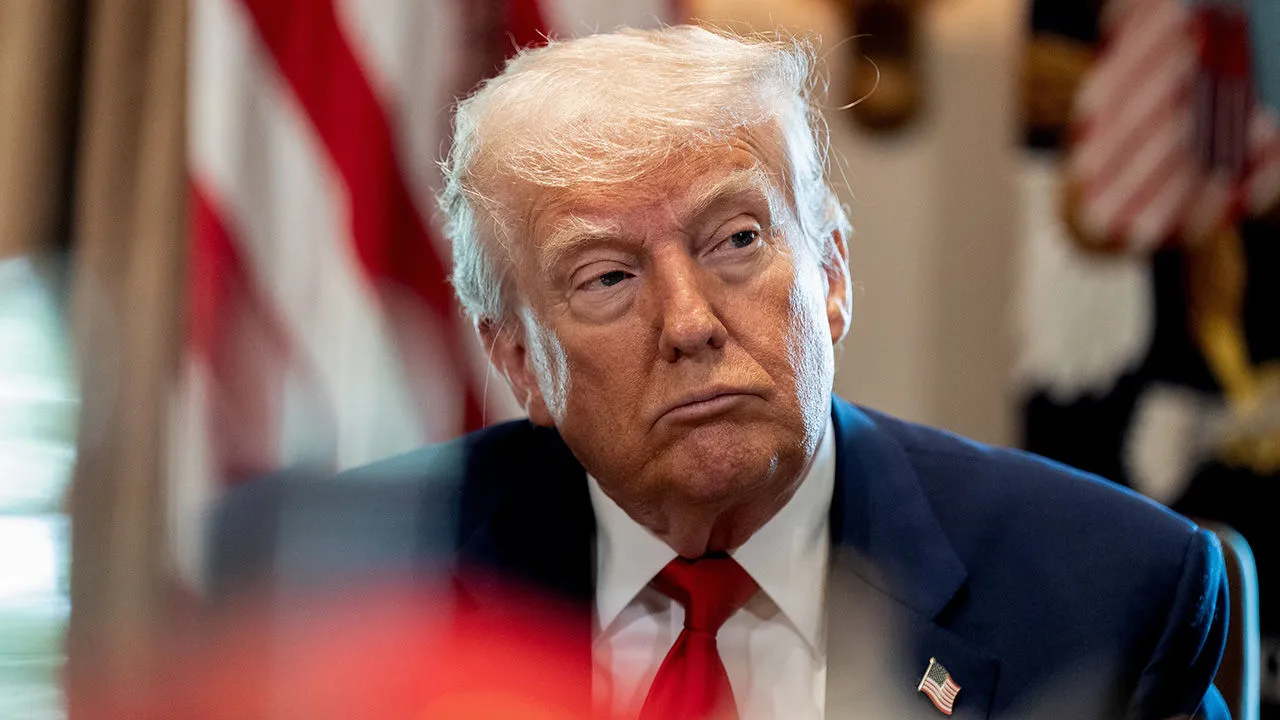Now Reading: Operation Sindoor: Questions Rise After Striking Success
-
01
Operation Sindoor: Questions Rise After Striking Success
Operation Sindoor: Questions Rise After Striking Success

The success of Operation Sindoor in Myanmar, launched to eliminate insurgent threats along India’s North-East border, was initially met with national pride. But as the dust settles, critical questions are being raised about the planning, communication, and political handling of the operation. Behind the headlines, concerns are growing over whether the Modi government’s strategic win might lead to long-term diplomatic and domestic complications.
What Was Operation Sindoor?
Operation Sindoor was a cross-border military strike carried out by Indian armed forces targeting militant groups believed to be operating from Myanmar. It aimed to neutralize threats to India’s internal security, especially in the North-East region, which has long struggled with insurgency and cross-border militancy.
The operation was swift and effective, with official claims of multiple insurgents being eliminated and camps destroyed. It was widely hailed as a display of India’s proactive defence strategy.
After the Applause: Mounting Criticism
Despite its tactical success, the operation has invited criticism on several fronts. Diplomatically, India’s move has raised eyebrows in Myanmar, with speculation that the strike might strain ties with the junta-led government, which is already under international scrutiny. Questions have also been raised about whether the operation had full diplomatic clearance or if it risked breaching Myanmar’s sovereignty.
Domestically, opposition leaders and security experts are demanding clarity on the long-term impact. Was this a one-time offensive or the beginning of a more aggressive border policy? Critics argue that while such strikes may offer immediate security benefits, they might also provoke retaliation or fuel local resentment in the North-East.
Tier 2 Cities Feel the Impact
Cities like Guwahati, Imphal, and Shillong—Tier 2 hubs with close proximity to border zones—are especially sensitive to such developments. The region often feels neglected in the national discourse, but operations like Sindoor directly impact local economies, transport routes, and daily life. Many residents worry about potential escalation and the risk to civilians caught in crossfire or displacement due to military action.
Furthermore, families of soldiers in smaller towns like Jorhat or Dimapur remain anxious about the safety of their loved ones deployed in volatile areas. The emotional and psychological toll of such operations runs deep in these communities.
Balancing National Security with Diplomacy
For the Modi government, Operation Sindoor represents a delicate balancing act—asserting India’s security interests while maintaining diplomatic decorum. While many applaud the decisiveness of the strike, a section of the public and policy observers call for more transparency and restraint in future military actions.
India’s neighbourhood remains complex, and its internal regions like the North-East require both protection and inclusion. Military operations can be effective, but they must be backed by thoughtful political engagement and long-term peacebuilding efforts.
The Road Ahead
As India continues to deal with border challenges and regional insurgencies, Operation Sindoor may become a reference point in future policy debates. The true success of such operations lies not just in eliminating immediate threats but in ensuring stability and unity in the long run.
In the end, striking a balance between strength and sensitivity will determine how such missions are remembered—either as bold moves or missed opportunities for deeper resolution.

























